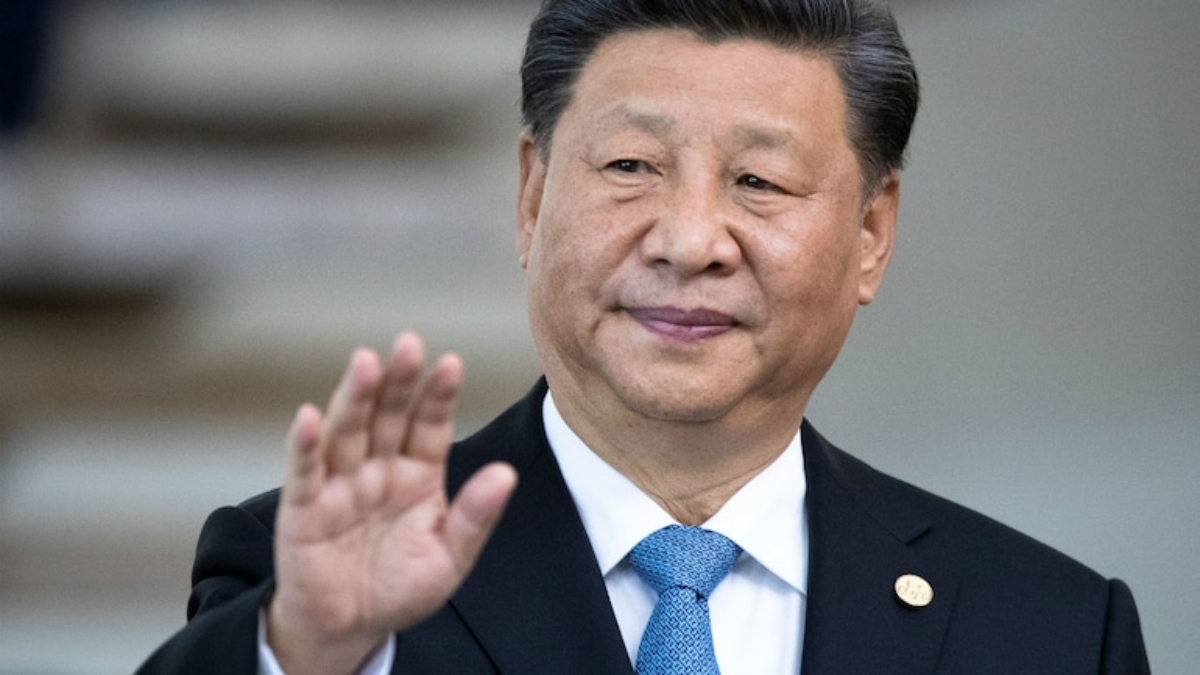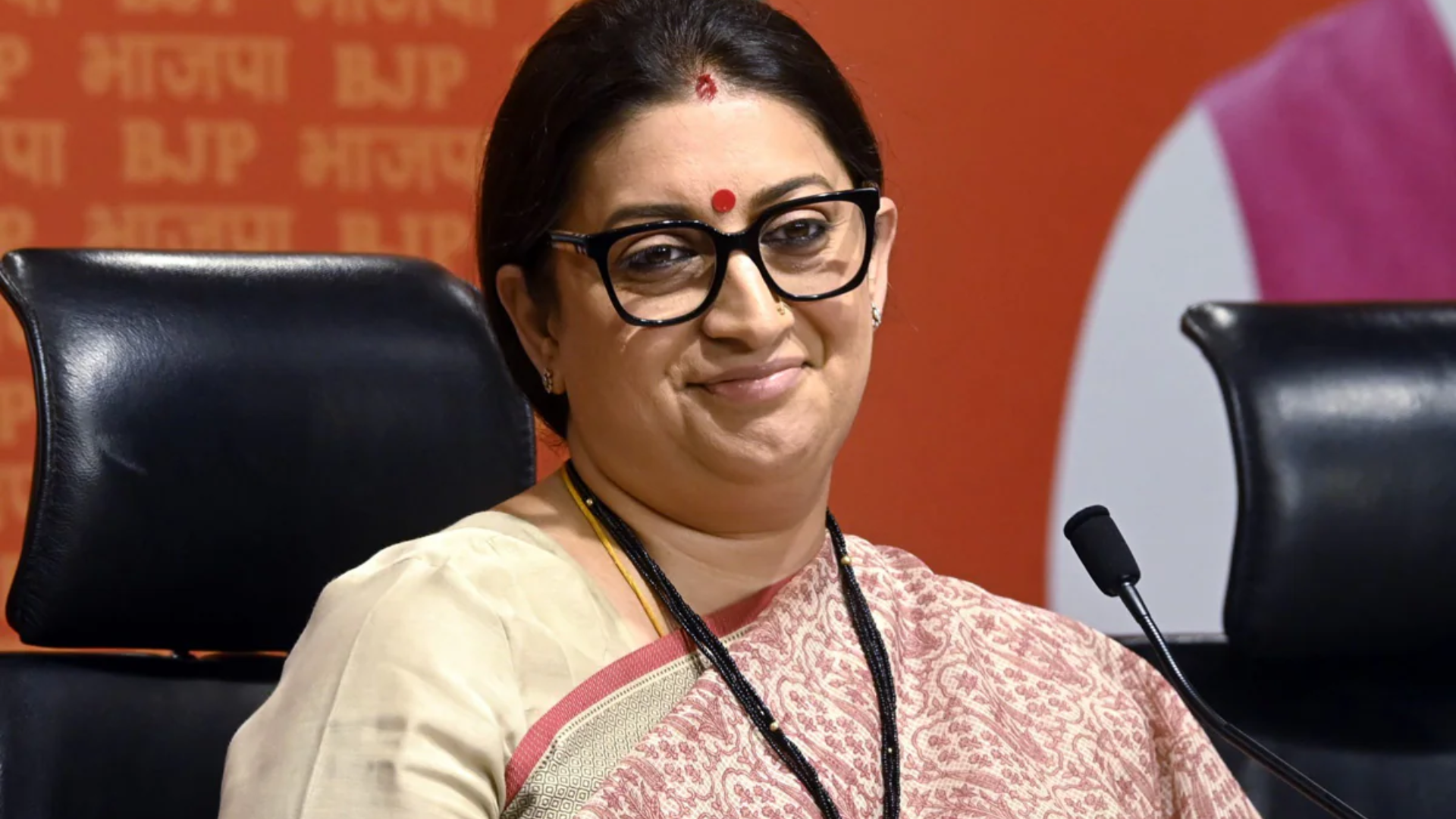










India has recently expressed its strong displeasure towards China for obstructing efforts at the United Nations (UN) to designate Sajid Mir, a key member of the Lashkar-e-Tayyiba, as a “global terrorist.” This move has raised concerns over China’s consistent support to its close ally, Pakistan, and its questionable stance on counterterrorism efforts. The blocking of the proposal has drawn international attention and further strained relations between India and China.
Lashkar-e-Tayyiba, is a banned militant organization, responsible for numerous acts of violence and terrorism in the Indian subcontinent, including the infamous 2008 Mumbai attacks. Sajid Mir, an influential figure within the organization, is believed to have played a crucial role in planning and executing these attacks. With his involvement in various other acts of terror, he has gained publicity on the global stage.
India had sought to have Sajid Mir added to the UN Security Council’s consolidated list of individuals and entities associated with terrorism. However, China, as a permanent member of the Security Council, vetoed the proposal, preventing it from moving forward. This decision has drawn widespread condemnation, with many countries viewing it as China’s unwarranted interference and its failure to prioritize global security concerns.
India responded forcefully and assertively to China’s stance, emphasizing its unwillingness to take concrete action against terrorism emanating from its close ally, Pakistan.
“We have righteous reasons to believe that something is genuinely wrong with the global counter-terrorism architecture. If we cannot get established terrorists who have been banned across global landscapes proscribed by the United Nations – for petty geopolitical interests – then we really do not have the genuine political will to sincerely fight this challenge of terrorism,” Prakash Gupta, Joint Secretary, UN Political at MEA said while addressing the United Nations’ counter-terror meeting.
The Chinese government’s opposition to this proposal raises serious concerns on several fronts. For starters, it calls China’s commitment to global counterterrorism efforts into question. The international community expects responsible nations to actively cooperate in the fight against terrorism, regardless of geographical or political affiliation.
China’s consistent support for Pakistan, as well as its refusal to acknowledge the threat posed by the LeT and its members, casts doubt on its willingness to combat terrorism effectively. Second, this incident aggravates already strained relations between India and China.
The two Asian titans have recently had border disputes and geopolitical disagreements. China’s actions at the United Nations only exacerbate India’s concerns about its neighbor’s intentions and reinforce the perception that China prioritizes strategic partnerships over international security cooperation.
China’s decision to block a UN proposal to designate Sajid Mir as a “global terrorist” has sparked outrage in India and around the world. It expresses concern about China’s support for militant groups based in Pakistan, as well as its commitment to effectively combating terrorism. The incident strains India-China relations even more.









